On the eve of the 2017 WAFL Grand final, which sees Fremantle’s WAFL partner team Peel Thunder taking on Subiaco at Domain Stadium, Fremantle CEO Steve Rosich has backed the partnership model as being mutually beneficial for the club, Peel and the WAFL.
In an interview with The West Australian’s John Townsend, Rosich spoke in-depth about how the model was set up to benefit WA football.
The WA Football Commission has reviewed and adjusted the model since its introduction in 2014 and Rosich said that Fremantle would continue to back any changes that extends the club’s close working relationship with Peel.
“We’re really positive about the partnership with Peel Thunder and have endorsed the WA Football Commission’s review, that included extending the partnerships with the AFL clubs and the WAFL clubs,” Rosich said.
“We’re very positive about the partnership, largely because the working relationship that we have with Peel Thunder, their management, their staff and their football operations team.
“It is a true partnership approach and I think that has enabled us to achieve together, very positive results in the development of our players.
“I think those results are coming about because of the approach that we’re jointly taking, and the hard work that is taking place.”
Rosich highlighted that through the partnership model, Fremantle had made a significant financial contribution to the WAFL.
Additionally, Peel are continuing to develop young AFL-calibre talent, including 17-year-old Aaron Naughton, who is slated as one of the top draft prospects of the upcoming 2017 NAB AFL Draft.
In Saturday’s upcoming AFL preliminary final at the MCG, both GWS and Richmond are likely to field Peel products in Nathan Wilson and Kamdyn McIntosh, while Fremantle has two Thunder products on their list in Hayden Ballantyne and Harley Bennell.
“I’m very impressed with Peel’s strategic focus on their zone and their continued ability to unearth and develop young players within the region,” Rosich said.
“And that will be an ongoing focus for them, because it’s important too - not just for the partnership, but for the development of football in this state.
“At the moment, there’s a considerable investment that we make under the rules, a lot more than what the Victorian-based AFL teams are making for the VFL competition.
“We understand why that’s the case and we’re willing to do that. We think that works.”
Heading into the 2018 season, the WAFC is likely to review certain aspects that affect the participation of AFL-listed players in the finals series, including scheduling a shorter 18-game season and a further restriction on the number of AFL-listed players who can participate in finals.
Rosich said that he supported the WAFC’s review ahead of the 2017 season, which limited the number of AFL-listed players in any finals game to 15, and would support any further review.
“Firstly we, as we were last year, are supportive of a review, there’s no problem with that,” Rosich said.
“We think that review will take into account the fact that the WAFL season next year is also changing, where there’s only going to be 18 WAFL home and away games, so that will need to be taken into account.
“There may be an opportunity for that to take care of any perceived issues in the WAFL finals series, with the potential for the WAFL finals series to be held a lot earlier than it currently is.
“There’s no doubt that the WA Football Commission will weigh all those things up when they’re going through the review process. We supported it last year and the changes they made, and we’ll support a review this year.”
In the 2016 WAFL Grand Final, Fremantle-listed midfielder Connor Blakely won the Simpson Medal as the best on ground with a 38-disposal performance.
Rosich said that Blakely’s nine games played at WAFL level in 2016 were crucial to the 21-year-old’s development into being one of Freo’s strongest contributors in 2017.
“We’ve seen the benefits. Last year we saw the likes of players such as Connor Blakely and Ed Langdon, who have re-signed and have continued to develop their footy,” Rosich said.
“This year, we’ll see that with a new batch of players. It’s likely that the team on Sunday will include five first-year players, that this time last year, were not drafted and playing in largely underage competitions around the country.
“We think it’s really important for the development of those players, so it’s a privilege and also a great development opportunity.”
Rosich, who played for Subiaco’s league side in 1988 and 1989, said he expects the WAFL to look at a number of equalisation issues throughout the competition.
“Notwithstanding my soft spot for Subiaco, they’ve won six of the past 13 WAFL premierships and played in eight of the past 13 grand finals, so they’re a formidable team,” Rosich said.
“Regarding equalisation, that point illustrates it. Perhaps the bigger challenge for the WAFL is looking at Subiaco’s dominance over a sustained period of time and other clubs, such as Perth, who haven’t played in a grand final since 1978.
“There’s certainly a large number of equalisation issues that the WAFL will need to consider and potentially, notwithstanding that Peel have made back to back grand finals.”



